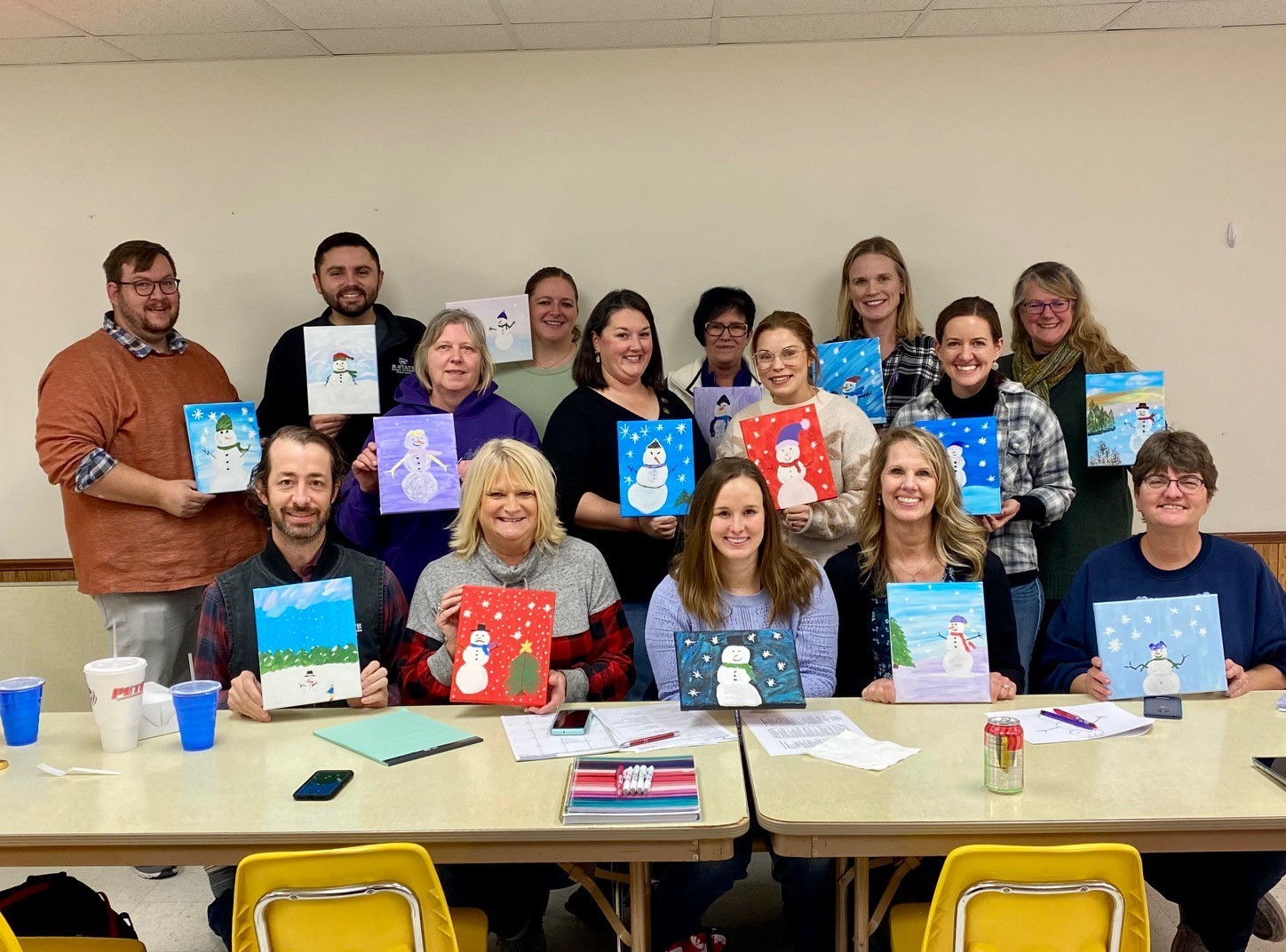September 20, 2022
Teamwork Makes the Dream Work: Lessons from the 1922 Extension Worker’s Code

The average person will spend one-third of their life at work - roughly 90,000 hours over your lifetime.
For extension agents and staff, that number is likely higher. We are public servants as well as educators. We don’t just teach the people who come to us; we look to the people for what they need to improve their lives and livelihoods, we recruit our audiences, forge connections, plan programs, deliver solutions and then report on results.
The world has turned upside down in many ways in recent years, and nearly every industry (including extension) has been hit hard by employee turnover and dissatisfaction. Sometimes when we feel discouraged, it is best to reflect on the basics. What is our purpose, and how can we get to a place where we truly enjoy our 90,000 hours at work with each other?
Even 100 years later, inspiration can be found in our own 1922 Extension Worker’s Code.
The spirit of teamwork is defined early under “Study and Serve the People.” This entry of the code applies not only to whom we serve, but whom we serve alongside – our co-workers and volunteers.
“Study the people and their problems and when you are able to know them, they will know you. If you do not have their support and cooperation there is something wrong. Find the reason and if you are at fault, endeavor to correct the error. Develop the spirit of helpfulness and try to be of the greatest possible service to all those with whom you come in contact.”
We can either succeed as a team or fail alone. Each of us needs the others we work with to get our jobs done. Paying attention to our co-workers and partners– their likes, dislikes, talents and struggles – will build support and better results. The “spirit of helpfulness” can be contagious in a local unit, just as a spirit of selfishness, dishonesty or antagonism can destroy our workplace culture.
If you’re feeling stuck, see the entry for “Attend Gatherings” which reminds us that “gatherings afford an unusual opportunity to meet people, to become acquainted with their problems, and to acquaint them with the objects and purposes of your work.”
Energy and connections grow when we attend a partnership meeting, man a table at a local event or show up to an annual dinner. Similarly, we should create team gatherings that encourage us to share news and bond with our co-workers and volunteers.
There are many more nuggets of teamwork wisdom from this code including “Forget Yourself and Boost for All,” “Do More Than ‘Get By,’” and “Don’t Knock, Be An Optimist.” The last item, “Be Courageous,” seems the most fitting for our current times:
“If you can be serene in the face of misfortune and failure; if you can keep your nerve and a level head when others get panicky; if you can carry yourself like a conqueror, keep your fixity of purpose when others waver; and you still refuse to lose courage and grip on yourself, then you may know that your work is a success and that there is a hero or heroine in you as noble as any that ever gave up his life on the field of battle for a great cause."
Each one of us is valuable and an asset to K-State Research and Extension. We each have a responsibility to the people of our communities, to our colleagues working alongside us, and to ourselves in which to create the best and most successful environment to spend these 90,000 hours of our lives.